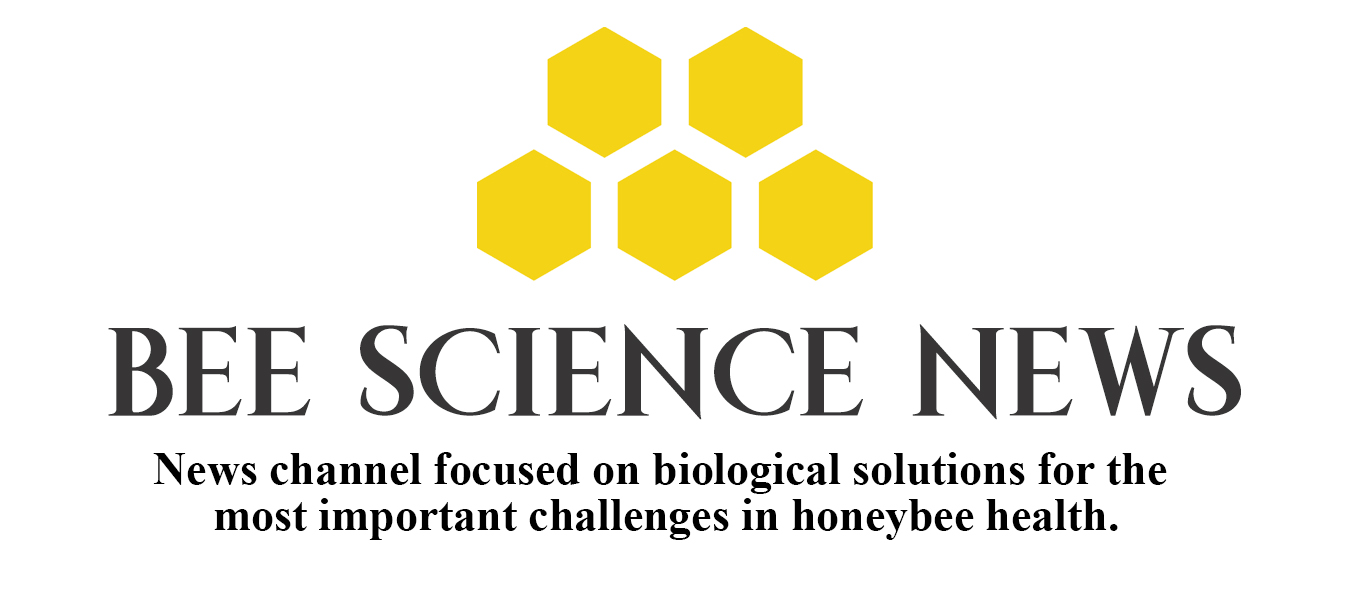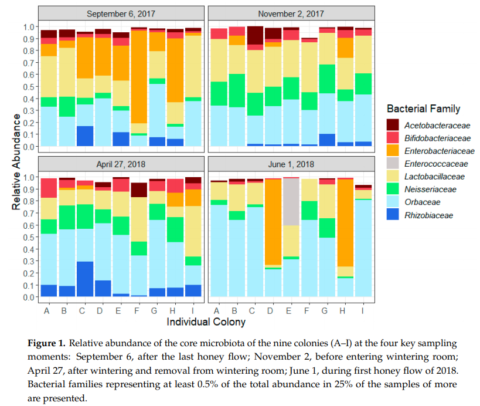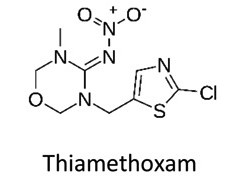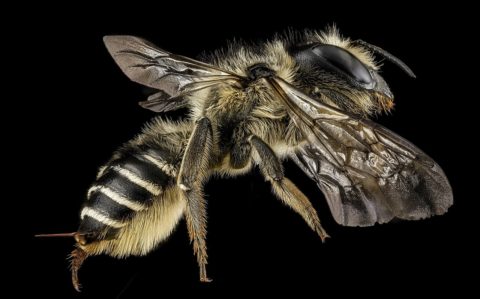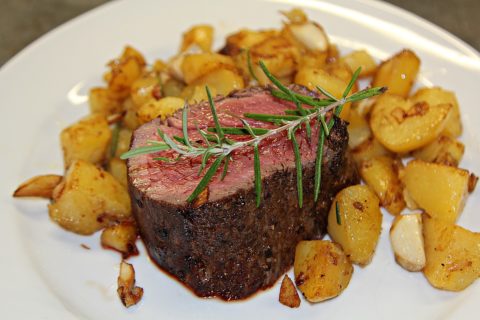Category: Bee Headlines in the News
October News Digest
Scientific journals digest for what’s new in honeybee biology: what happens with honey bee gut during overwintering in Canada; understanding Foul Brood Disease and “crud brood”; and appreciating diversity in scientific community.
Solution to Pesticide Problem: Lactic Acid Bacteria.
New study “A Pediococcus strain to rescue honeybees by decreasing Nosema ceranae- and pesticide-induced adverse effects” by Peghaire et al. found that feeding live Pediococcus bacteria can rescue honeybees from N. ceranae– and pesticide adverse effects. Mortality was down from 41% to 15% and Nosema spores per bee decreased by 80%. Gene expression analysis indicates that the bacteria can achieve this benefit by stimulating the honeybee immune and detoxication systems.
July News Digest
As always, I wish all the readers the best health! Inevitably, summer weather and busy time in the bee yard…
June News Digest
New studies on honey bee health, nutrition, and microbiome, from the USDA-ARS Honey Bee Lab in Baton Rouge, LA.
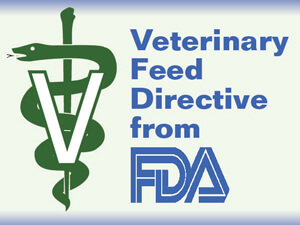
FDA convicts VFD violators
FDA started to restrict veterinary use of medically important antibiotics several years ago. A veterinary feed directive is a written…
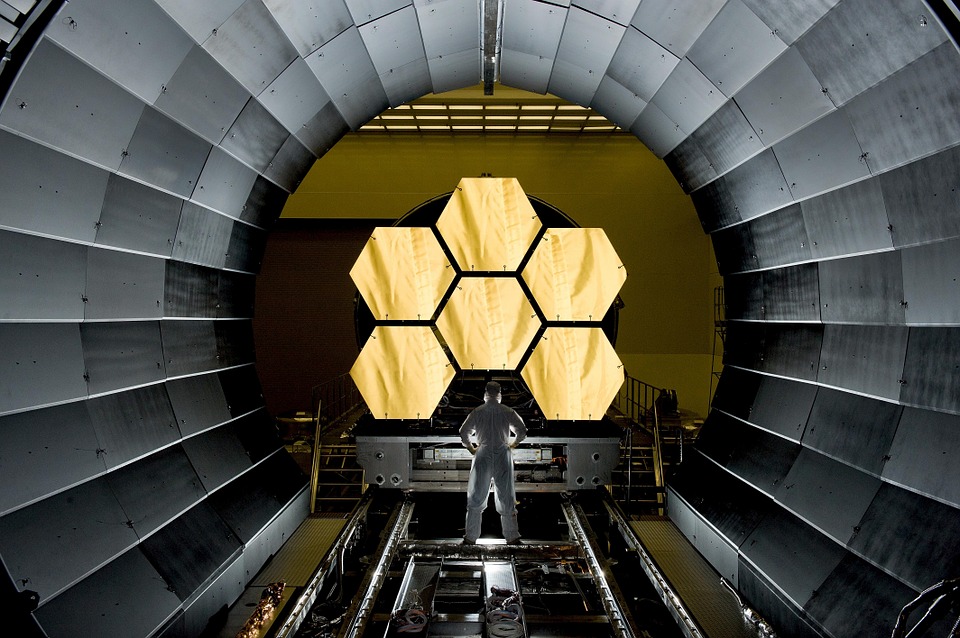
January Digest
Stay up to date on the latest in research and beekeeping news. This month focuses on pollinator habitat restoration, comb age and carbohydrate sources.
MICROBIAL “WAR” AGAINST AMERICAN FOULBROOD
One of the most creative applications for probiotic study was American Foulbrood (AFB). In my latest article, I discuss two studies that tried to overcome AFB with probiotics and arrived at different conclusions. Comparing the two gives the reader a chance to compare scope of scientific inquiry and different methods of probiotic use.
The Other 90%
There is a long list of factors accelerating climate change and loss of biodiversity. Among the loss in biodiversity are…
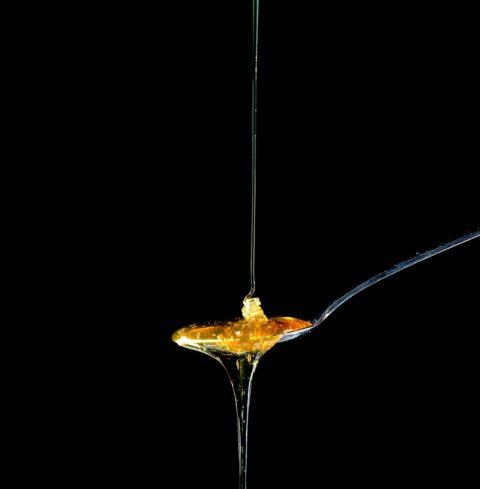
Is “Clean” Honey Possible?
At Apimondia this year, 40% of honey entries for the honey competition were disqualified for adulteration and contamination. What does this say about the health of the world’s managed pollinators? What does this mean for the future of honey? Is “clean” honey possible anymore?
Microbial Meat and Pollen Potatoes
“Bees are actually omnivores, and their meat is microbes. This finding may open a new window on why bees are in trouble: Anything that disrupts the microbial community in a bee’s food, whether it is high heat linked to climate change, fungicides or another stressor, could be causing developing bees to starve.”
